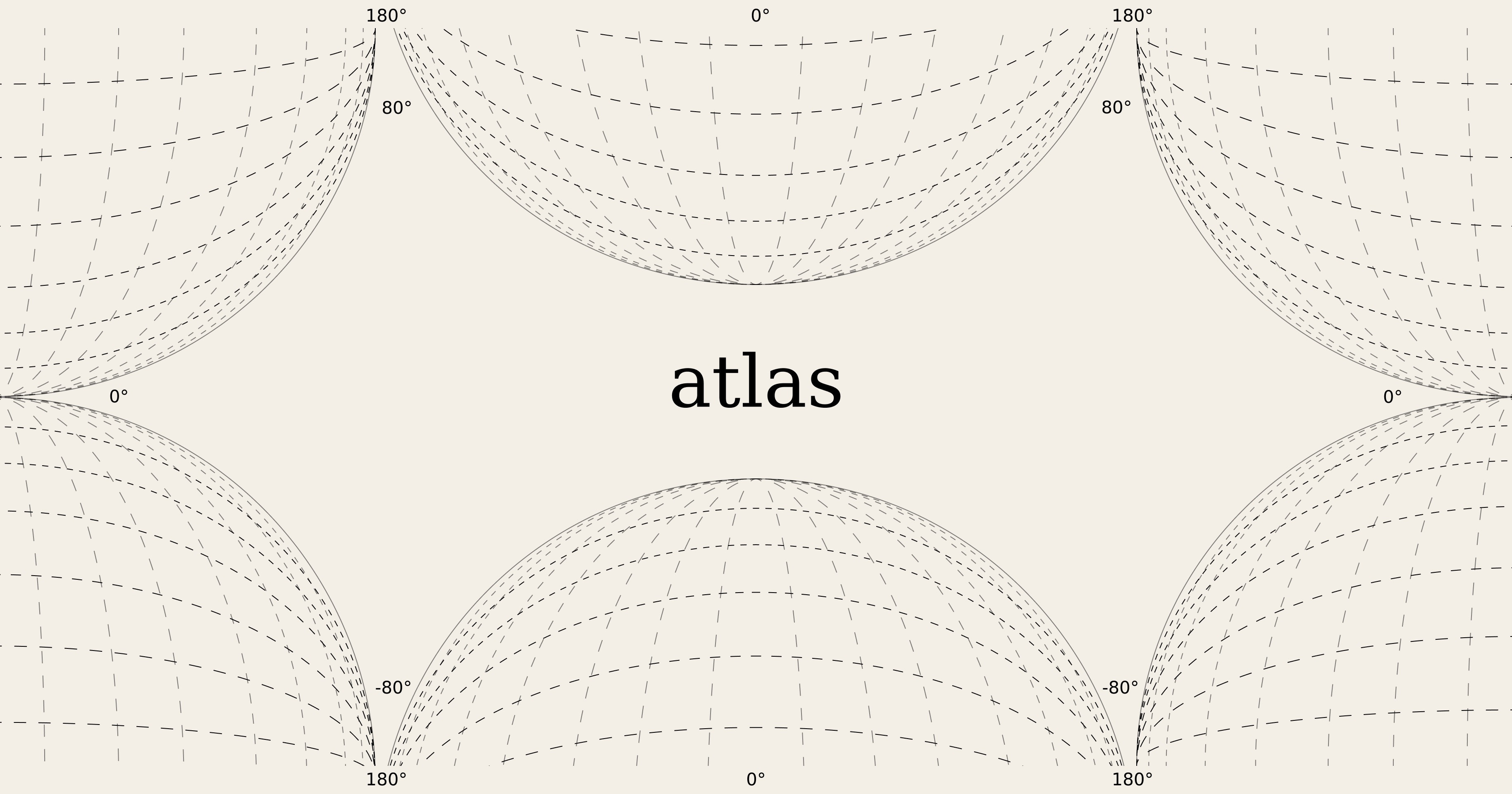What is Atlas?
Syg.ma has relaunched the Карта/Map project under a new name, Атлас/Atlas. The reasons for this relaunch will be outlined in the text that follows

We first established Map four years ago, with the aim of exploring a wide range of socio-economic and cultural processes within Russia. Our goal was to seek out knowledge that went beyond the stereotypes that prevailed in domestic popular culture: it was evident that the social reality in Russia was at odds with its portrayal on government-run TV channels and in popular media, which largely avoided topics of inequality and oppression. This drove us to collaborate with researchers who were eager to share their experiences and knowledge—researchers who could diagnose institutional contradictions and challenge the status quo.
Instead of focusing on established university professors, we sought out individuals at the early stages of their professional journey. We conducted in-depth interviews with sociologists, anthropologists, and economists who shared their findings and offered novel approaches to exploring everyday reality. For instance, Maksim Alyukov presented his research on the impact of propaganda on media perception in Russia and other non-democratic societies. Evgenia Kuziner discussed homelessness among women and the contradictions within charities and other institutions dedicated to their support. Grigory Yudin explored consumer debt in Russia and how it is connected with social isolation and atomization. Anna Klepikova wrote about the conflict between state-run and volunteer organizations working in neuropsychiatric institutions—the former following a logic of exclusion, the latter understanding disability as a social problem. Svetlana Erpyleva discussed the political maturity and political life of Russian teenagers.
In February 2022, Russia launched a full-scale invasion of Ukraine. Due to threats from government institutions and the federal authorities’ decision to block the media platform syg.ma, the project team had to leave Russia and emigrate to different countries and contexts. This experience, coupled with witnessing the ongoing genocidal war in Ukraine and the increasingly chauvinistic rhetoric of Putin’s Russia, has prompted us to reconsider the project’s foundation.
We have decided to shift our focus away from different social groups within the borders of a single state. Our intention is to not only examine what is going on inside but also to question what is happening in between: how borders are drawn and who they divide, which dynamics are contained within imperialist and nationalist tendencies, how different communities define themselves and are identified (or not) by others, and which alternative ways to coexist are already present or can be imagined. We are determined to continue our work in challenging existing stereotypes and the status quo by bringing suppressed or hidden knowledge to light, including perspectives from the queer and indigenous communities. Our objective is to move beyond corporate, military, and governmental frames and to offer an alternative Atlas that will not be restricted to specific locations or regions but will explore the interconnections between them. We will continue to follow a critical cartography approach, which involves mapping out complex systems of power, understanding conflicts, networks, injustice, and borders.
Atlas is a natural extension of the Map project, introducing a range of new aspects. Our author-centric approach will remain at the forefront of our efforts: we invite authors to decide for themselves whom to invite for interviews, whether they be experts, professionals, activists, or representatives from communities. In order to expand our reach, we are now offering our authors the opportunity to publish their materials in English, as well as their native language. And if they need it, we’re happy to help with translation. We are also actively looking for authors from a wider range of backgrounds, not solely traditional academia. We welcome all types of research and its representation in various media formats. This includes not only in-depth interviews but also podcasts, artistic and video essays, step-by-step guides, and interviews. If you have any ideas for the material, email us at hi@syg.ma.
An important part of Atlas is the Academy of Political Imagination, where researchers and activists come together in an attempt to understand how to think about the present and imagine the future, as well as trying to understand the various ideologies, political constructs, and stereotypes they harbor within themselves. The first meeting of the Academy took place this summer in Montenegro.